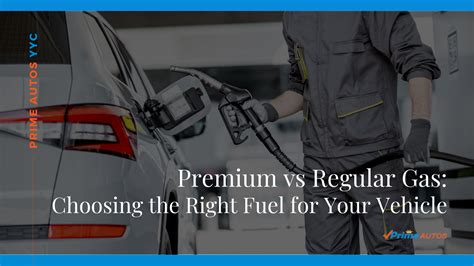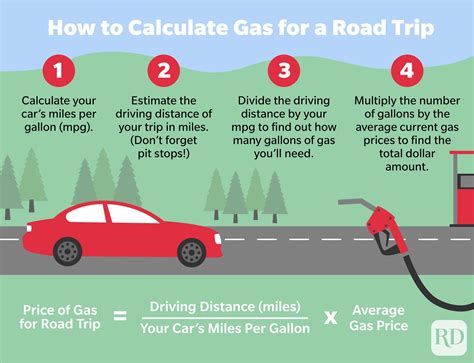Unlock Better Fuel Economy and Smarter Gas Choices
In an era of fluctuating fuel prices, getting the most miles per gallon (MPG) from your vehicle is more crucial than ever. Beyond just smart driving, understanding your car’s fuel needs – specifically whether it truly benefits from premium gas – can lead to substantial savings. This guide will equip you with practical tips to maximize your MPG and make informed decisions at the pump.
Boost Your Car’s MPG Through Driving Habits
The way you drive has a profound impact on your vehicle’s fuel efficiency. Adopting a few simple habits can significantly improve your MPG:
- Smooth Acceleration and Braking: Aggressive driving, characterized by rapid acceleration and hard braking, wastes fuel. Drive smoothly, anticipating stops and starts to maintain momentum.
- Observe Speed Limits: Fuel economy tends to decrease rapidly at speeds above 50-60 mph. Sticking to speed limits, especially on highways, can make a noticeable difference.
- Use Cruise Control: On flat highways, cruise control helps maintain a consistent speed, preventing unnecessary acceleration and deceleration that consume extra fuel.
- Avoid Excessive Idling: Idling burns fuel without moving your car. If you anticipate a stop longer than 30 seconds, it’s generally more fuel-efficient to turn off your engine and restart it.
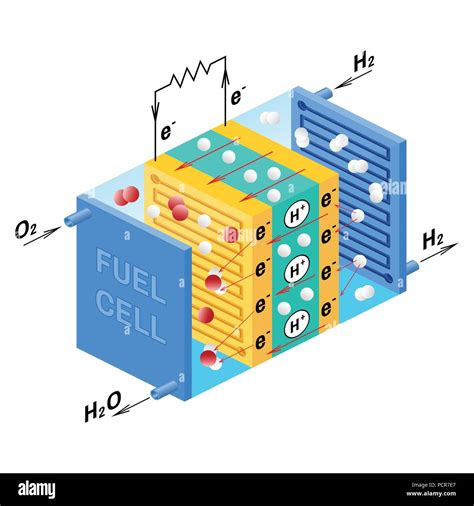
Regular Vehicle Maintenance for Peak Efficiency
A well-maintained vehicle runs more efficiently. Neglecting routine maintenance can silently chip away at your MPG:
- Check Tire Pressure: Underinflated tires increase rolling resistance, forcing your engine to work harder. Check your tire pressure regularly and keep it at the manufacturer’s recommended level.
- Keep Your Engine Tuned: Regular tune-ups, including spark plug replacement and engine diagnostics, ensure your engine operates at its peak efficiency.
- Replace Air Filters: A dirty air filter restricts airflow to the engine, reducing performance and fuel economy. Replace it according to your car’s service schedule.
- Use the Right Motor Oil: Always use the motor oil recommended by your car’s manufacturer. The correct viscosity can reduce engine friction and improve fuel efficiency.
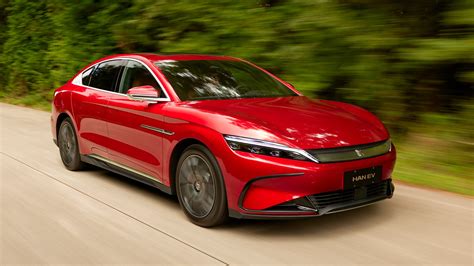
Premium vs. Regular Gas: When Does it Matter?
One of the biggest areas of confusion and potential overspending for drivers is the choice between premium and regular gasoline. Understanding the difference is key to saving money without harming your engine.
The Octane Rating Explained
The primary difference between regular (typically 87 octane) and premium (typically 91 or higher octane) gasoline is its octane rating. Octane is a measure of a fuel’s resistance to pre-ignition or “knock” – a condition where the fuel ignites prematurely, causing a knocking sound and potentially engine damage.

When You Need Premium Gas
Only use premium gas if your car’s manufacturer specifically recommends or requires it. Vehicles that require premium fuel typically have high-compression engines, turbochargers, or superchargers designed to extract maximum power and performance. For these engines, using lower-octane fuel can lead to engine knock, reduced performance, and even long-term damage.
When Regular Gas is Perfectly Fine (and Saves You Money)
The vast majority of modern vehicles are designed to run perfectly on regular 87-octane gasoline. If your owner’s manual states that regular unleaded fuel is acceptable, there is absolutely no benefit to using premium gas. It will not make your car run better, clean your engine more effectively, or improve your MPG. You’ll simply be paying more for fuel your engine doesn’t need, wasting money with every fill-up.
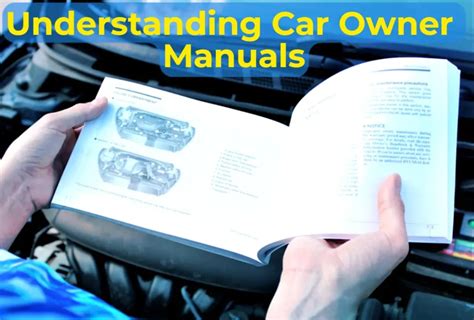
Other Smart Strategies to Save on Fuel
- Lighten Your Load: Remove any unnecessary weight from your trunk or back seat. Extra weight requires more fuel to move.
- Improve Aerodynamics: Remove roof racks or cargo carriers when not in use, as they create drag and reduce fuel efficiency. Keep windows closed at high speeds.
- Combine Trips: Cold engines consume more fuel. Combining multiple errands into one trip reduces the number of cold starts and allows your engine to operate at its optimal temperature for longer.
- Use Fuel-Saving Apps: Many apps help you find the cheapest gas prices in your area.
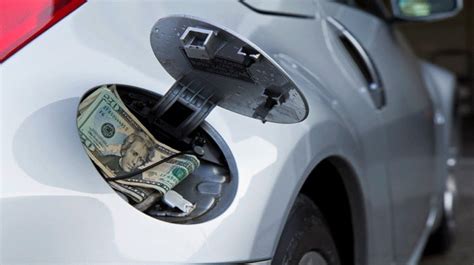
Conclusion: Drive Smarter, Spend Less
Maximizing your car’s MPG and saving on fuel costs isn’t about magic; it’s about making conscious choices. By adopting efficient driving habits, keeping up with vehicle maintenance, and understanding your car’s actual fuel requirements, you can significantly reduce your expenses at the pump. Drive smarter, not harder, and watch your fuel savings add up.
